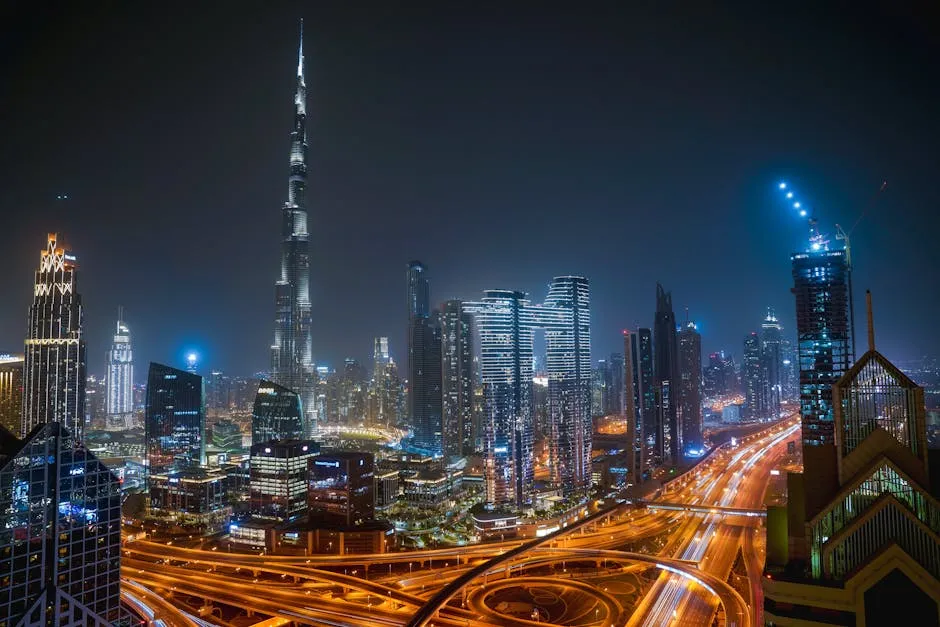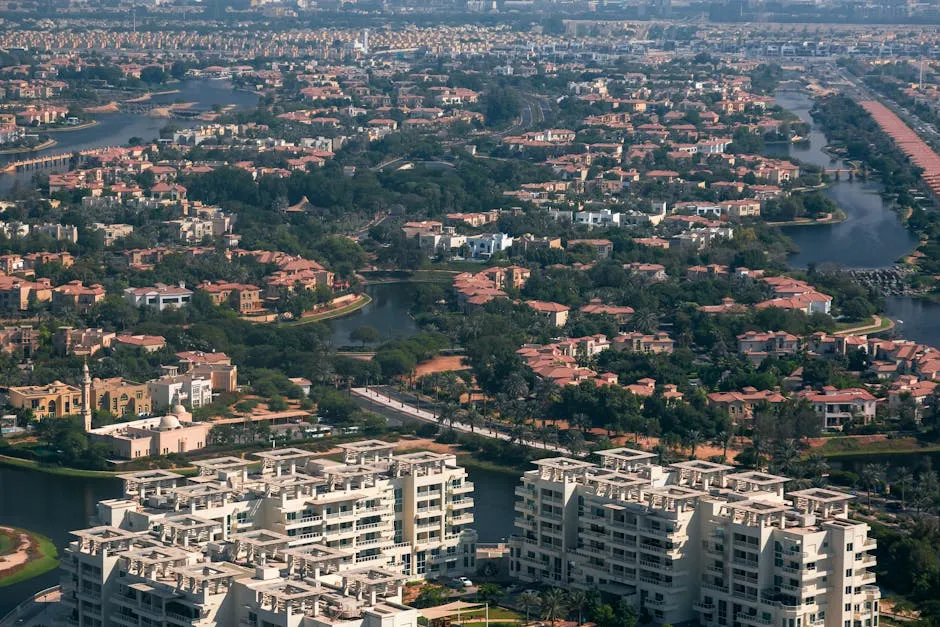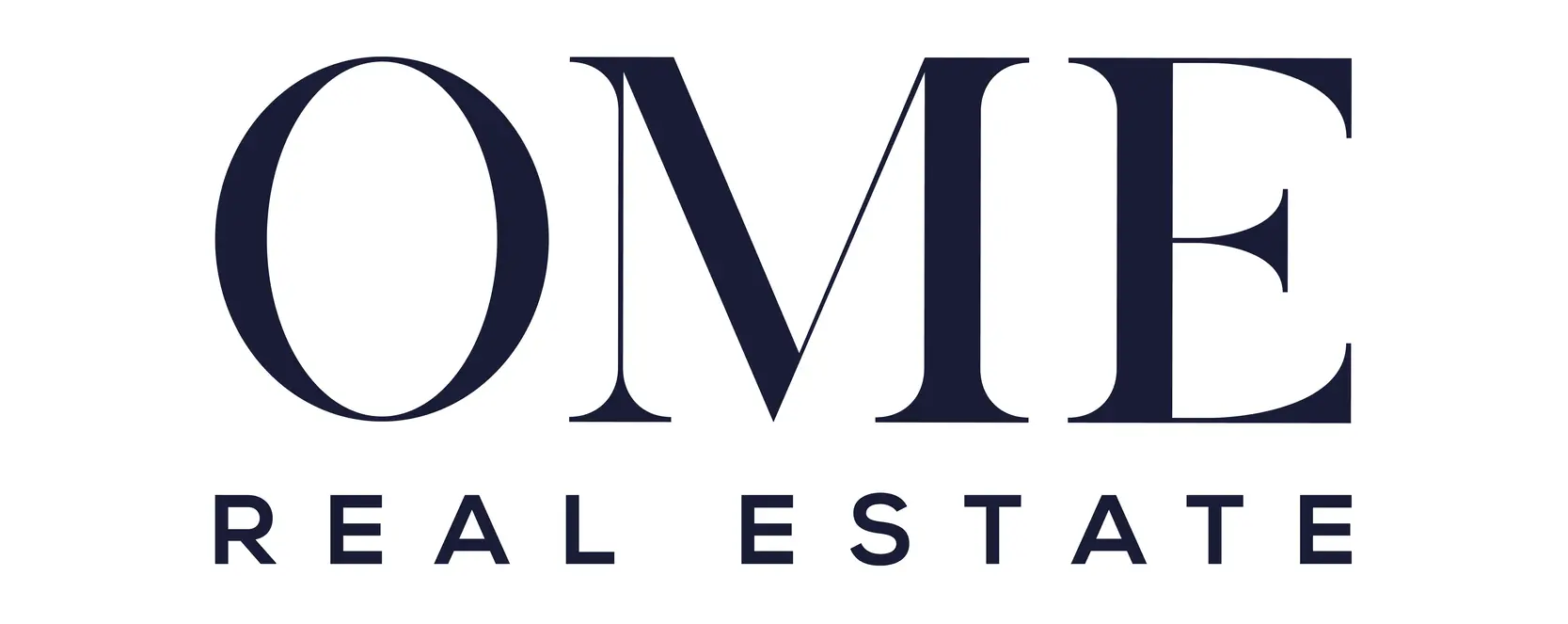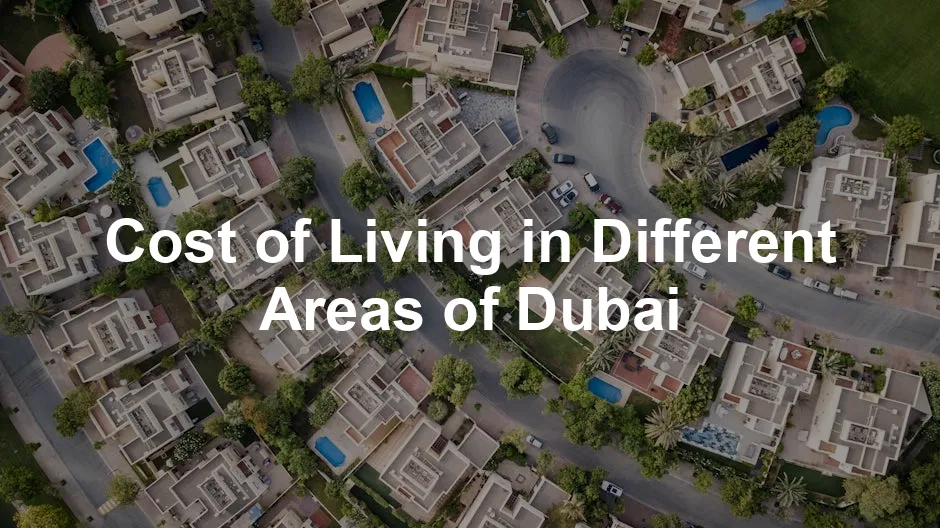Introduction
Dubai stands out as a major global city. Known for its luxury and opportunities, it attracts many expats and residents. Understanding the cost of living is vital for newcomers and expats planning to settle here.

Understanding the cost of living in different areas of Dubai is crucial for making informed decisions. Best areas to buy property in Dubai
Summary and Overview
Living in Dubai can vary significantly based on your lifestyle and location. On average, a family of four might spend around 14,000 AED per month, excluding rent. A single person typically requires about 4,000 AED monthly. Housing, utilities, food, and transportation are the main contributors to these expenses.
Housing costs can differ greatly depending on the neighborhood. For example, areas like Downtown Dubai and Dubai Marina tend to be pricier compared to Al Quoz and Jumeirah Village Circle. Utilities, including electricity and water, can add another 800 to 1,200 AED per month. Grocery expenses also vary, with basic items costing more in upscale areas. Transportation options, whether public or private, further influence monthly budgets.

Housing Costs in Dubai
Overview of Rental Prices
Rental prices in Dubai vary widely based on the area and type of accommodation. For instance, a studio apartment in Downtown can cost around 8,174 AED, while the same type in a more affordable area like Jumeirah Village Circle could be around 40,000 AED annually.
For one-bedroom apartments, prices range from 6,000 to 12,000 AED in central locations, while outside the city center, you might find options starting at 3,750 AED. Families looking for three-bedroom villas can expect to pay between 11,000 and 25,000 AED in prime locations, compared to 7,000 to 15,000 AED in less expensive neighborhoods.
Renting furnished apartments typically incurs a higher cost than unfurnished options. Many expats prefer furnished units for convenience, while others may opt to furnish their own spaces to save money. Factors such as location, amenities, and market demand play crucial roles in determining rental prices.
For those seeking assistance in finding the perfect home, consider checking out housing platforms that cater to Dubai’s diverse real estate market.

For insights into the current trends affecting rental prices, you can explore the Dubai real estate market trends 2024.
Utilities and Monthly Expenses
Utility Costs Breakdown
Living in Dubai means managing utility costs effectively. On average, expect to pay around 800 to 1,200 AED monthly for basic utilities. This includes electricity, water, and garbage collection. Internet services typically add another 300 to 600 AED.
Air conditioning significantly affects your utility bills, especially during the hot summer months. To keep costs down, consider using energy-efficient appliances and turning off the AC when you’re not home.
For those looking to save, monitor your water usage and explore bundled internet packages. Small changes can lead to substantial savings over time.
If you want to cut costs further, check out energy-saving tips and services that can help you manage your expenses.

Grocery and Food Costs
Grocery Prices in Different Areas
Grocery costs in Dubai can vary based on the neighborhood and your shopping choices. On average, a single person might spend about 600 to 1,200 AED monthly on groceries. Key items like a liter of milk cost around 5 to 7 AED, while a loaf of bread is about 5 to 6 AED.
For dining out, casual restaurants offer meals for around 40 AED, while mid-range dining can set you back 200 AED for two. If you prefer fine dining, expect to pay upwards of 500 AED for a three-course meal.
The good news? Many supermarkets offer promotions, helping you save on regular purchases. Exploring local markets can also lead to better deals on fresh produce.
Whether you’re cooking at home or eating out, understanding these costs helps you budget wisely in this vibrant city.

Grocery Prices in Different Areas
Understanding grocery costs is essential for budgeting in Dubai. Prices fluctuate based on location and shopping choices. On average, a single person spends around 600 to 1,200 AED monthly on groceries. Here’s a table of common grocery items and their approximate prices in AED:
| Grocery Item | Price (AED) |
|---|---|
| Milk (1 liter) | 5 – 7 |
| Loaf of Bread (500g) | 5 – 6 |
| Eggs (12) | 11 – 18 |
| Chicken Fillets (1kg) | 30 – 60 |
| Apples (1kg) | 7 – 10 |
| Bananas (1kg) | 5 – 8 |
| Tomatoes (1kg) | 5 – 8 |
| Potatoes (1kg) | 4 – 6 |
| Water (1.5 liter bottle) | 2 – 5 |
When it comes to dining out, the cost varies widely. Casual restaurants charge around 40 AED for a meal, while mid-range options can range from 175 AED to 500 AED for two people. If you’re in the mood for fine dining, expect to pay over 500 AED for a three-course meal.
Many supermarkets offer promotions, so it’s wise to check for discounts on regular purchases. Local markets can also provide better deals on fresh produce. For those living in Dubai, grocery shopping can be a pleasant experience with various options available, from local markets to international chains.

Healthcare Expenses
Overview of Healthcare Costs
Healthcare in Dubai is of high quality, but it can be costly. All residents must have health insurance, usually provided by employers. If you’re self-sponsored, buying your own plan is essential.
On average, individual health insurance premiums range from 600 to 800 AED annually. For a family of four, expect costs between 17,000 and 33,500 AED yearly, depending on the plan’s coverage.
When it comes to medical consultations, a visit to a general practitioner can cost between 200 and 500 AED. Specialist consultations range from 500 to 1,200 AED. Hospital stays are significantly more, often between 3,000 and 10,000 AED per day.
Understanding Dubai’s healthcare costs is vital for budgeting. Consider exploring health insurance providers like Daman or AXA for suitable options that fit your needs. Investing in comprehensive coverage can save you money in the long run.

Compare Costs Between Different Leisure Options
When considering entertainment costs in Dubai, you’ll find a wide range of options. Average leisure expenses can reach about 1,500 AED monthly. For example, a fitness club membership typically costs around 300 AED per month. If you enjoy watching movies, a ticket to the cinema will set you back approximately 50 AED.
Dining out is another area where costs can add up quickly. A meal at an inexpensive restaurant averages about 40 AED. In contrast, a three-course meal for two at a mid-range restaurant can cost around 300 AED.
Cooking at home can be a more budget-friendly option. By preparing meals yourself, you can save significantly. For instance, monthly grocery costs for one person can range from 600 to 1,200 AED, depending on your eating habits.
Looking for local events or discounts? Keep an eye out for promotions at venues and restaurants to enjoy your time without breaking the bank.

Conclusion
Understanding the cost of living in different areas of Dubai is essential for effective budgeting. While leisure activities can be pricey, planning can help you enjoy a vibrant lifestyle here. Remember, even with higher costs, Dubai offers a high quality of life, making it a desirable place to live. As you consider moving or settling here, ensure you budget wisely to enjoy everything this exciting city has to offer.
Please let us know what you think about our content by leaving a comment down below!
Thank you for reading till here 🙂
All images from Pexels

